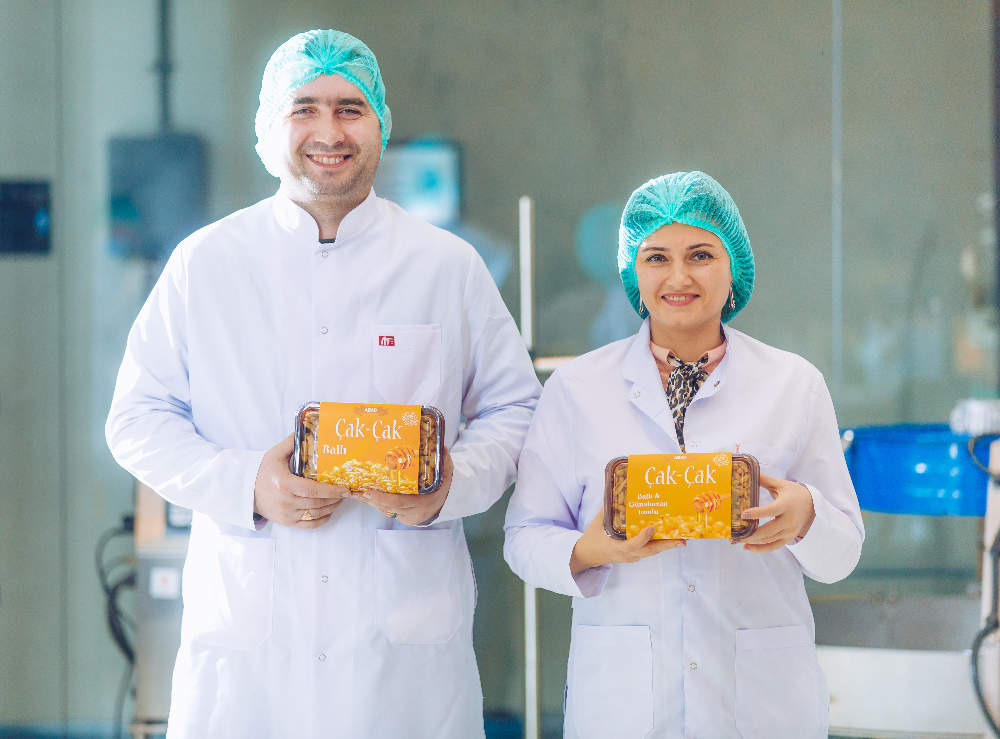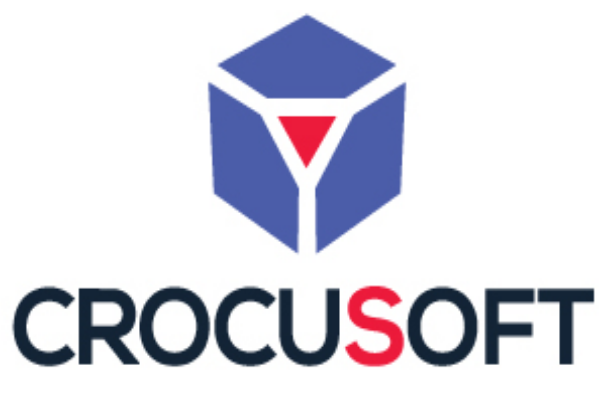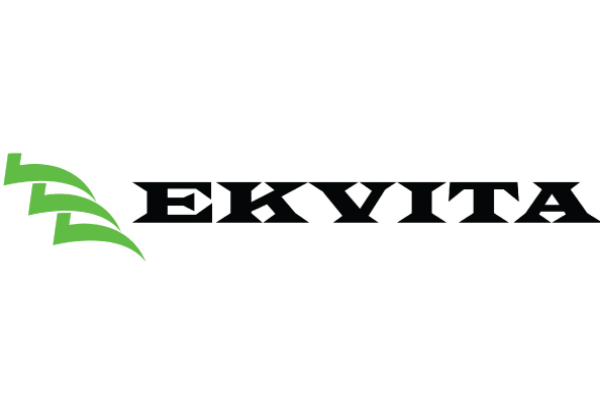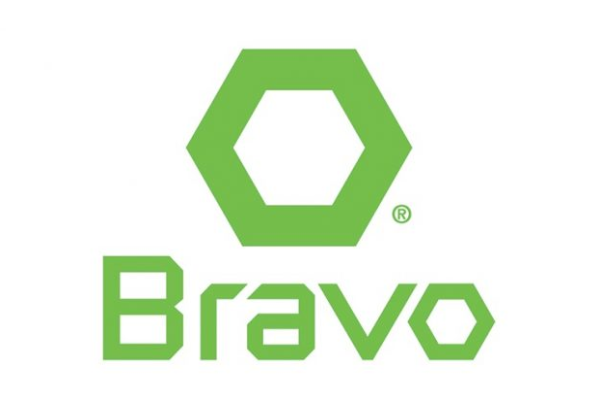"ABAD" beneficiary: Omar Pashayev | Region: Sheki | Flour
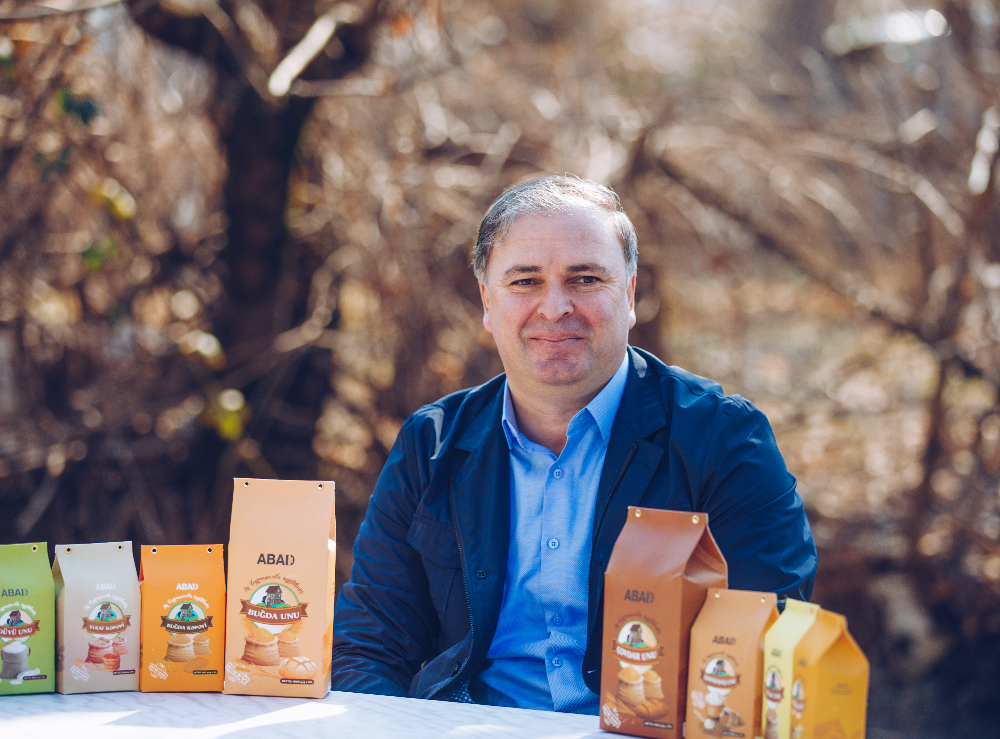
Residing in the Shyn village of the Sheki region, Omar Pashayev is engaged in the production of flour in the mill inherited from his grandfather.
“As a child, I opened my eyes to the world to see a mill and flour. The mill was bought by my ancestors and they worked tirelessly to ensure that the family’s milling tradition will continue into the next generations,” he says.
"Without the use of flour mills, many of the grains consumed in a variety of different forms would not be available to the general public. The bread loaves, pancakes, muffins, pasta, and all other products that come from grain would not be so easy to obtain without a reliable and efficient way to change them from their natural state into an edible product. Flour mills, which are sometimes referred to as grain mills, break down the grain into smaller parts and separate them. The grain starts out in a hopper, which holds the grain. Then the damsel shakes the grains so they can travel down through the shoe and into the eye of the upper stone. This is where the magic happens to provide us with whole grain goodness. Because the millstones grind at a slow speed and cool temperature, the inherent nutrients and flavour of our grains are preserved, a production "secret" that allows us to seal in the freshness and bring you wholesome, quality foods, just as nature intended," he continues.
"As soon as I received information about ABAD on TV, I applied electronically, prepared my business plan and was invited for an interview. ABAD team liked my business idea and gave positive feedback. ABAD assisted my family business with legal support, branding and design, organization of sales, marketing and accounting. The uniqueness of our flour is that it is all-natural. The wheat grind together with its bran or outer shell and other grains like rice or corn also have to be all-natural. If the grain is genetically modified or synthetic, the millstones will stick together and we will not be able to turn these products into flour," he remarks.
Omar was producing 4 types of flour when he became an ABAD producer and by now, the varieties of flour have reached 8.
"In the course of cooperation with ABAD, I plan to increase the number of our flour assortments. ABAD supports me in every way and organizes my sales. I am very pleased to receive ABAD's support and appreciate their valuable work!" he concludes his remarks.

